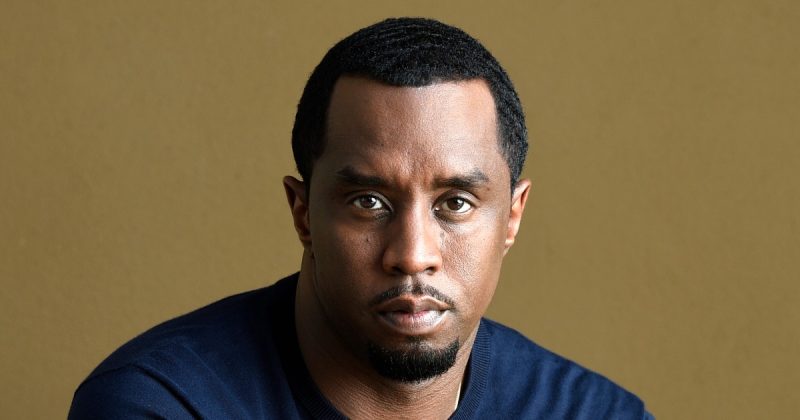
The upcoming sex trafficking trial of Sean “Diddy” Combs is generating significant interest, and a crucial aspect of the proceedings is the selection of an impartial jury. Hundreds of New Yorkers have received jury summonses for the Manhattan federal court case, beginning with the completion of questionnaires designed to assess their knowledge of the hip-hop mogul and any potential biases. Judge Arun Subramanian, overseeing the case, has scheduled jury selection for next Monday.
Combs has pleaded not guilty to charges including sex trafficking, racketeering, and transportation for prostitution. The process of selecting jurors has been a point of contention between Combs’ legal team and federal prosecutors, particularly regarding the content and format of the questionnaires. The defense originally proposed a lengthy 72-question survey, which the prosecution deemed overly extensive and intrusive, raising concerns about the inclusion of sensitive topics such as sexual assault and domestic violence.
Ultimately, a compromise was reached, potentially incorporating a mechanism for prospective jurors to indicate a preference for discussing such sensitive topics in person rather than in writing. The final version of the questionnaire, however, remains undisclosed. Twelve jurors and six alternates will be selected from the pool.
Following the completion of questionnaires, a jury consultant, Jo-Ellan Dimitrius, explains that the court will review responses and forward them to both sides. The legal teams, along with Judge Subramanian, will then discuss potential dismissals based on bias, financial hardship, or scheduling conflicts. Dimitrius, whose experience includes high-profile cases like the Kyle Rittenhouse and Daniel Penny trials, highlights the importance of this preliminary stage.
Opening statements are set for May 12th, with an anticipated trial duration of eight to ten weeks. Both the prosecution and defense will meticulously examine the questionnaires and conduct social media background checks on potential jurors to identify any existing opinions or affiliations related to the case or the individuals involved. This is especially pertinent given Combs’ celebrity status, as the jury’s familiarity with his music and public image will be a factor.
The case centers on allegations that Combs coerced women into participating in drug-fueled sexual encounters with male sex workers, events he allegedly referred to as “freak offs.” Prosecutors contend Combs orchestrated these encounters, participated actively, and often recorded them electronically. These allegations align closely with those made by Casandra Ventura, Combs’ former girlfriend, who sued him for abuse before settling privately. A video of Combs assaulting Ventura, published by CNN, is expected to be a critical piece of evidence, despite efforts by the defense to have it excluded. Judge Subramanian’s decision to allow the video’s presentation in court is a significant setback for the defense.
Jury consultants Michael Boucher, who worked on the Sarah Palin defamation trials, and Dimitrius emphasize the significant impact of the assault video, anticipating that its graphic nature will heavily influence jurors’ perspectives. The selection process will thus focus on identifying individuals who might offer Combs a more lenient view, a task acknowledged as challenging given the video’s content. The trial promises to be a high-stakes legal battle with significant implications for all parties involved.










